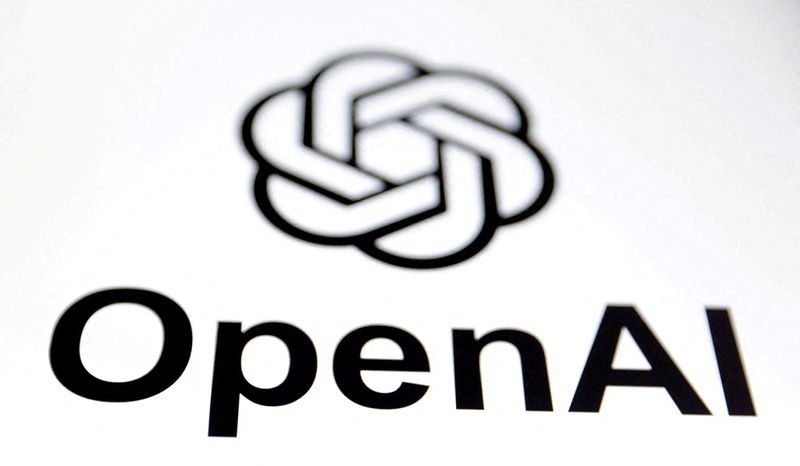By Krystal Hu and Akash Sriram
(Reuters) -Microsoft-backed OpenAI has acquired search and database analytics startup Rockset to provide better infrastructure for its enterprise products, the ChatGPT maker said on Friday.
The companies did not disclose the deal size. OpenAI used its shares to buy the company in a stock deal that valued Rockset at a few hundred millions, marking it one of its largest acquisitions by the fast rising AI lab, according to sources familiar with the matter.
OpenAI declined to comment on deal details. The company was last valued at $86 billion in a tender offer by investors earlier this year.
Rockset, founded by former engineers at Meta (NASDAQ:META), builds real-time search and analytics databases, and has benefited from the use of artificial intelligence in applications from chatbots and detecting anomalies.
Backed by Greylock, Sequoia and Hewlett Packard Enterprise (NYSE:HPE)'s venture capital arm, Rockset said last year it had raised $105 million in total funding.
WHY IT'S IMPORTANT
Rockset said its team will join OpenAI and the technology will power the retrieval infrastructure of the ChatGPT maker's enterprise products.
This means Rockset's expertise in real-time data processing and vector search will enhance OpenAI's ability to quickly access and analyze vast amounts of information, likely leading to faster and more accurate responses from AI models, as it tries to sell enterprises tools to rapidly index and search among their data.
CONTEXT
OpenAI is looking to stay ahead of the curve by expanding its offerings, built on the success of its consumer-facing product ChatGPT.
OpenAI has pitched ChatGPT Enterprise, the enterprise version of its chatbot and its AI services known as APIs, to executives at large enterprises.

It is also integrating new functionalities in ChatGPT and developing new AI models to fend off competition from the likes of Alphabet (NASDAQ:GOOGL)'s Google and Anthropic, among others.
Reuters reported last month OpenAI has been developing a search engine product to potentially compete with Google and AI search startup Perplexity.